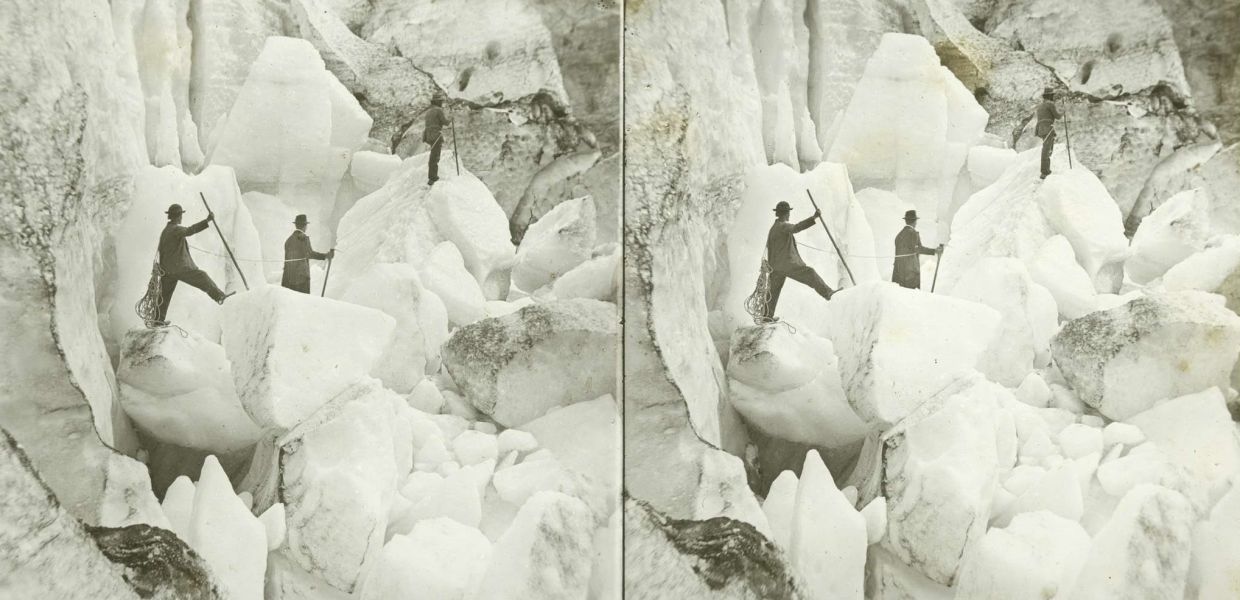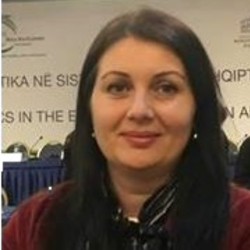About
This Task Force will consider, survey, and measure what it is to be environmentally sustainable in the cultural heritage sector, and work with the Europeana Initiative to survey the Europeana Network Association (ENA), Europeana Aggregators’ Forum and the wider cultural heritage sector. The Task Force will work with partners to prepare a digital information management survey to better understand practice in the sector.
This Task Force is supported by the Climate Action Community to advocate for and embed working practices that minimise the digital cultural heritage sector’s impact on the climate and environment.
Outcomes
The Environmental Sustainability Practice Task Force will:
- Survey digital information management practice in the cultural heritage sector.
- Develop new understanding, capacity building, qualitative and quantitative evidence for the ENA and the Europeana Initiative, and support its involvement with the European Commission’s data spaces.
- Support climate prosperity and wellbeing, instilling a new climate culture in Europe, and change behaviours across the sector and society.
- Cooperate with the Europeana Network Association and its Communities, the Europeana Foundation, the Europeana Aggregators’ Forum, the Europeana Foundation Green Team, Museums for Future and Network of European Museum Organisations (NEMO).
Consequences of expected outcomes
- Survey and collect data to understand environmental sustainability as part of the digital transformation of the sector.
- Create a knowledge-sharing community of intergenerational, diverse, climate activists, supporting related initiatives and research projects.
- Strengthen environmentally sustainable working practices that minimise the digital cultural heritage sector’s impact on the climate and environment.
- Inspire climate action by reflecting on the data-management decision-making according to the findings.
- Consider if an Environmental Sustainability Working Group could continue this work after the Task Force.










